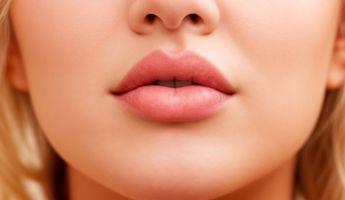Lip Augmentation in Tunisia
Find the best clinics for Lip Augmentation in Tunisia
With Medijump you can browse 7 facilities offering Lip Augmentation procedures in Tunisia. The cheapest price available is $372 in Monastir. And for the cheapest price globally, prices start from $74 in Egypt.
Lip Augmentation in Monastir
Price: $ 372
Lip Augmentation in Mahdia
Price: $ 2,562
Egypt offers the best prices Worldwide
Price: $ 74
From 11 verified reviews
Craig Mills, 30 July 2019
Excellent private health care looked after my soon after he drowned in sahara beach hotel this month would definatly recommend being cared for there staff were amazing
From 37 verified reviews
Saoussen Saidani, 13 June 2020
My 12 year old daughter Lina has had surgery Pancreas tumorHeavy Operation which went very wellI thank all the staff of the Pasteur clinic for their hospitality and their hygiene ...I thank the doctors who attended the operation and in particular the surgeonAYADI Sofiene who accompanied us from the start for his professionalism as well as DR Walid Miraoui. The discovery of this tumor is done in a very short time a week to manage allThe support of Surgeon Ayadi Sofiene was really perfect as a parent we were reassured and above all in confidence.And especially I thank them for the moral support of My Daughter Lina who kept the smile until the end and who It is found in Total confidenceThank you so much for saving our childMr er Mrs Saidani
From 9 verified reviews
Ibtyhel Ben bassine, 19 April 2019
I slept my little girl on Thursday, March 8, 2018, was at Top, my gygy, the nurses .... they put me in a calm and clean environment with a service of excellence .. thank you prts and especially pr Dr. hichem
Clinic Apollon, located in Boulevard Mohamed Bouazizi, Tunis, Tunisia offers patients Lip Augmentation procedures among its total of 90 available procedures, across 1 different specialties. Currently, there's no pricing information for Lip Augmentation procedures at Clinic Apollon, as all prices are available on request only, whilst the national average price is approximately $1,984. All procedures and treatments are undertaken by just a small team of specialists, with 2 in total at the Clinic, and they are not accredited by any recognized accreditations institutes
From 4 verified reviews
Samir Derradji, 18 March 2018
Hello I follow sick dalger Algeria I ask you a preforma for an opairation on the colon .Thank you
Cosmeticare Travel, located in Boulevard Mohamed Bouazizi, Tunis, Tunisia offers patients Lip Augmentation procedures among its total of 34 available procedures, across 4 different specialties. Currently, there's no pricing information for Lip Augmentation procedures at Cosmeticare Travel, as all prices are available on request only, whilst the national average price is approximately $1,984. There is currently a lack of information available on the specialists practicing at the Hospital, and they are not accredited by any recognized accreditations institutes
Aesthetica Tour, located in Boulevard Mohamed Bouazizi, Tunis, Tunisia offers patients Lip Augmentation procedures among its total of 42 available procedures, across 9 different specialties. Currently, there's no pricing information for Lip Augmentation procedures at Aesthetica Tour, as all prices are available on request only, whilst the national average price is approximately $1,984. All procedures and treatments are undertaken by the lead specialist at the Hospital, and they are not accredited by any recognized accreditations institutes
Compare Before & After Photos of _procedure_photos.phpLip Augmentation
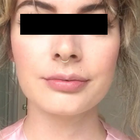
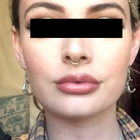
Front view
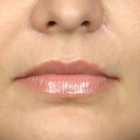
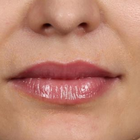
Front view
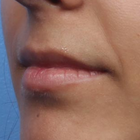
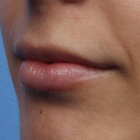
Half-side view
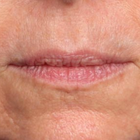
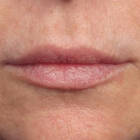
Front view
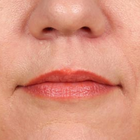
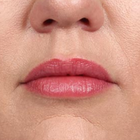
Front view
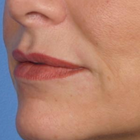
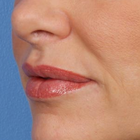
Half-side view
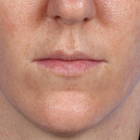
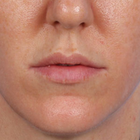
Front view
WHY US?
At Medijump, we're making medical easy. You can search, compare, discuss, and book your medical all in one place. We open the door to the best medical providers worldwide, saving you time and energy along the way, and it's all for FREE, no hidden fees, and no price markups guaranteed. So what are you waiting for?

Free

Best Price

Widest Selection

Risk-Free
What you need to know about Lip Augmentation in Tunisia
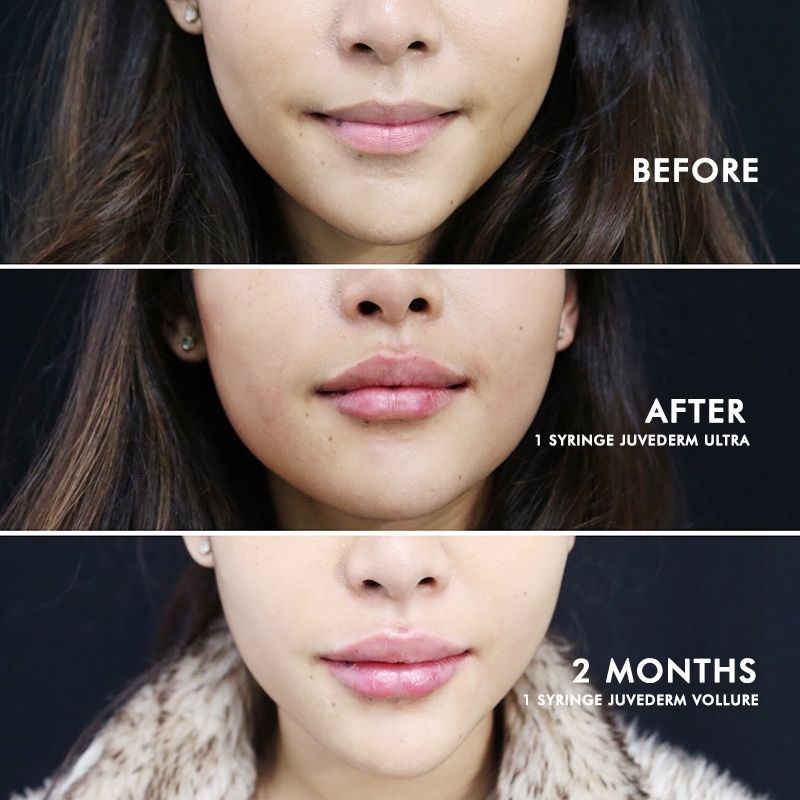
Also known as a Lip Enhancement, Lip Augmentation is a surgical procedure aimed at improving the fullness and appearance of the lips by enlarging them. There are two main types of lip augmentation: filler injections and implants. Simple filler injections can be used for short-term effects, whilst implants offer a more long-term solution to less defined or naturally thin lips.
Today, lip filler is the more popular type. Whether you want fuller lips with more volume or to balance your lip shape, dermal fillers can help you get the lips you've always wanted. If you are worried about lines around the lip area and notice your lipstick ‘bleeding’ into these lines, often having lip filler injected can help to soften these fine lines as well.
It's important to have realistic expectations about the outcome. Enhanced lips may make your lips plumper and fuller, but you will still be you when you walk out of the doctor's office. Click the image to see more Before and After photos.
Your doctor can discuss with you the pros and cons of your lip augmentation options and help you decide which technique or product is best for you.
What does a Lip Augmentation Procedure Involve?
Lip Augmentation with Implants
Before you undergo a lip implant procedure, your doctor will determine what size of lip implant would be best for you. During the procedure, your doctor sterilizes the skin around the surgical area. Then the lips are anesthetized with local anesthesia. Your doctor will make an incision in each corner of your mouth. Then, a tunnel in your lip is created using an instrument known as a curved alligator clamp. The implant is grasped into the lip tunnel and positioned underneath the lip fat above the lip muscles. The last step is closing the incisions with absorbable sutures. The implants are usually made of soft, pliable silicone rubber or biodegradable substance. Lip implants offer a semi-permanent lip enhancement for people who want a more lasting solution with minimal maintenance. The benefit of lip implants is the results that can last for many years.
Lip Augmentation with Fillers
During a lip filler injection, a topical anesthetic will be applied to your lips so you won't feel any pain. Then, a thin needle will be used to inject the lip filler into any or all parts of your lips, including the curve in the center of your upper lip (Cupid's bow), the edges of your lips (vermilion border), and your oral commissures (corners of your mouth).
The amount of lip filler injected depends on how much plumper you want your lips to be. On average, your doctor may insert 1 milliliter of lip filler into your lips.
There are also other methods to perform lip augmentation, including fat grafting, tissue grafting, or local flap grafts. However, they are not commonly performed since they have a greater risk of complications.
How Long Should I Stay in Tunisia for a Lip Augmentation Procedure?
For lip fillers, the whole treatment takes only 15 to 30 minutes and you may go home straight after the procedure. Lip implants may take longer, at least around 30 minutes. Plan to stay in Tunisia longer, at least a week or until your doctor says you can travel home.
What's the Recovery Time for Lip Augmentation Procedures in Tunisia?
For several hours after the procedure, your lips will be numb. You will need a minimum of three days off from work. You should not do any exercise for a few days after filler injections and for a few weeks after lip implants. In general, your recovery can take up to two weeks before you are allowed to go back to your normal routine.
What sort of Aftercare is Required for Lip Augmentation Procedures in Tunisia?
Following the procedure, you may use ice to ease discomfort and control swelling and avoid using any lipstick or lip products for several days. It is also advised not to eat anything hard at least until you have full sensation in your lips. You can eat plenty of soft foods, such as pudding, oatmeal, yogurt, or anything that does not require chewing. Your doctor may prescribe ointment or cream to put on the treated areas.
What's the Success Rate of Lip Augmentation Procedures in Tunisia?
Lip augmentation, particularly lip fillers, has a high success rate. Many patients have said that the procedure has boosted their self-image and self-confidence. Remember that you will need to undergo another lip filler injection after six to eight months, or depending on the case, your lip filler may also last for 9 to 12 months. There are several side effects, complications, and risks to be aware of before you undergo lip augmentation.
Side effects of fillers that should only last a few days:
- Bleeding from the injections sites
- Swelling and bruising
- Reactivation of cold sores or fever blisters
- Redness at the site of injections.
If the symptoms above do not subside after a few days, you need to call your doctor. There are also more serious side effects or risks, such as severe and prolonged swelling, lip asymmetry, lumps in the lips, ulceration, allergic reaction, tissue loss, and infection. Call your doctor immediately if you experience any of those symptoms.
To see how lip fillers are applied and the speed at which the procedure can be completed, watch this short video.
Are there Alternatives to Lip Augmentation Procedures in Tunisia?
If you do not want to undergo implant or filler injections, there are several alternatives. One of the newest alternatives is lip threading, which passes miniature threads or sutures through a small tube to elevate the skin and create tension. You can also opt for topical lip plumper’s, usually in the form of lip gloss made with either hyaluronic acid or collagen. It will give you a tingly sensation that causes your lips to swell.
Whilst the information presented here has been accurately sourced and verified by a medical professional for its accuracy, it is still advised to consult with your doctor before pursuing a medical treatment at one of the listed medical providers
No Time?
Tell us what you're looking for and we'll reachout to the top clinics all at once
Enquire Now

Popular Procedures in Tunisia
Prices Start From $111

Prices Start From $16

Prices Start From $220

Prices Start From $340

Prices Start From $101

Prices Start From $53

Prices Start From $5

Prices Start From $278

Recommended Medical Centers in Tunisia for Lip Augmentation

- Interpreter services
- Translation service
- Religious facilities
- Medical records transfer
- Medical travel insurance
- Health insurance coordination
- TV in the room
- Safe in the room
- Phone in the room
- Private rooms for patients available

- Interpreter services
- Translation service
- Religious facilities
- Medical records transfer
- Medical travel insurance
- Health insurance coordination
- TV in the room
- Safe in the room
- Phone in the room
- Private rooms for patients available

- Interpreter services
- Translation service
- Religious facilities
- Medical records transfer
- Medical travel insurance
- Health insurance coordination
- TV in the room
- Safe in the room
- Phone in the room
- Private rooms for patients available

- Interpreter services
- Translation service
- Religious facilities
- Medical records transfer
- Medical travel insurance
- Health insurance coordination
- TV in the room
- Safe in the room
- Phone in the room
- Private rooms for patients available

- Interpreter services
- Translation service
- Religious facilities
- Medical records transfer
- Medical travel insurance
- Health insurance coordination
- TV in the room
- Safe in the room
- Phone in the room
- Private rooms for patients available

- Interpreter services
- Translation service
- Religious facilities
- Medical records transfer
- Medical travel insurance
- Health insurance coordination
- TV in the room
- Safe in the room
- Phone in the room
- Private rooms for patients available

- Interpreter services
- Translation service
- Religious facilities
- Medical records transfer
- Medical travel insurance
- Health insurance coordination
- TV in the room
- Safe in the room
- Phone in the room
- Private rooms for patients available

- Interpreter services
- Translation service
- Religious facilities
- Medical records transfer
- Medical travel insurance
- Health insurance coordination
- TV in the room
- Safe in the room
- Phone in the room
- Private rooms for patients available

- Interpreter services
- Translation service
- Religious facilities
- Medical records transfer
- Medical travel insurance
- Health insurance coordination
- TV in the room
- Safe in the room
- Phone in the room
- Private rooms for patients available

- Interpreter services
- Translation service
- Religious facilities
- Medical records transfer
- Medical travel insurance
- Health insurance coordination
- TV in the room
- Safe in the room
- Phone in the room
- Private rooms for patients available
